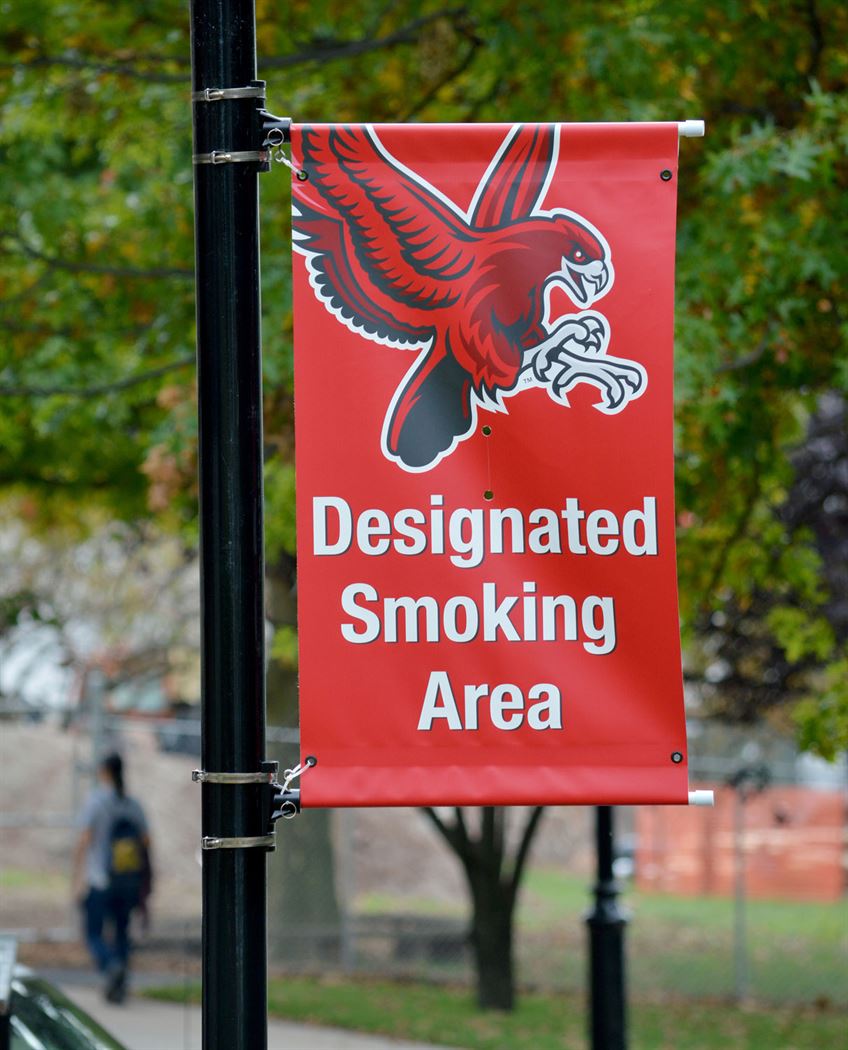New Jersey Gov. Phil Murphy gave members of the Electronic Smoking Device Task Force (ESDTF) until Oct. 3 to investigate and best respond to the risks posed from electronic cigarette device systems (ENDS).
Gov. Murphy tweeted on Sept. 12, “Today I established the Electronic Smoking Device Task Force to protect New Jerseyans – especially kids – from the hazards of vaping. My administration is committed to working with our partners in the legislature to address this threat to public health.”
The Task Force is made up of 10 members, some of which include the Commissioner of Children and Families, the Assistant Commissioner of the Division of Medicinal Marijuana and the New Jersey Division of Consumer Affairs.
Although the sale of vaping products to individuals under 21 years of age is currently prohibited by law in New Jersey, youth access to vape products continues at an alarming rate, according to nj.gov.
Vapes, vaporizers, vape pens, hookah pens, electronic cigarettes (e-cigarettes or e-cigs) and e-pipes are some of the many terms used to describe ENDS, according to fda.gov.

Designated smoking areas are placed in different parts of campus, at least 25 feet away from building entrances.
Photo courtesy of Therese Sheridan
Montclair State University currently has six designated smoking areas that are distinguished by a pole and red banner. Smokers are required to smoke 10 feet within each designated smoking area.
According to Montclair State’s tobacco and smoke free policy, an initiative that was launched in 2017, Montclair State will be 100% Tobacco and Smoke Free by September 2020.
Jason Rosenblum, a senior music major, is a user of electronic cigarette products and has taken notice of smokers behavior on campus.
“Most students and faculty do not adhere to the designated smoking areas for purposes of convenience,” Rosenblum said. “Nobody I know, including myself, would be willing to travel more than a few feet for a smoking area.”
Rosenblum shared how an e-cigarette ban would not really affect him.
“I would not be affected at all by the banning of electronic cigarettes,” Rosenblum said. “I use [it] for the convenience, not as a means to get off non e-cigarettes.”
Substances found in ENDS can include nicotine, which is the addictive substance found in all cigarettes, tetrahydrocannabinol (THC), a psychoactive component of the marijuana plant and cannabinoid (CBD) oils, along with flavors and other additives can be found in electronic cigarettes. Electronic cigarettes work by heating a liquid to produce an aerosol that users inhale into their lungs, according to cdc.gov.
Desiray Aponte, a junior psychology major, is skeptical of legislation that would ban the sale of electronic smoking products.
“I think if they ban it, they’re going to make kids want to to smoke weed more,” Aponte said.

Neon light JUUL sign at Tiger Market, a sight members of the Montclair State community may have come across.
Kelvin Jimenez Michaca | The Montclarion
These devices come in many shapes and sizes. Some electronic smoking devices look like regular cigarettes, cigars or pipes. Some look like USB flash drives, pens and other everyday items, according to nj.gov.
“They look at cigarettes and they know it’s bad, and we’ve known it’s bad, but now it’s like ‘this is an innocent way of doing it,’” Aponte said. “The belief among kids is that they can smoke the vape and that it is better than smoking cigarettes, even though essentially it’s nicotine [and] it’s an addictive substance.”
In New Jersey, there are 14 confirmed and probable cases of serious lung disease, and 32 reports of severe lung illness under investigation. The age range of all cases is 15 and 51, according to nj.com.
Rachel Roibu, a staff member at Montclair State, grew up in a household with a habit for smoking.
“I feel sorry for these kids. You don’t know what you’re smoking,” Roibu said. “It’s chemicals, it might be worse when you get it off the streets.”
While Gov. Murphy is unable to ban the sale of vaping products through executive order, he cautioned his constituents through twitter, “The only safe alternative to smoking is not smoking. We urge residents to follow the recommendations of @CDCgov to discontinue all use of e-cigs and vaping products.”



